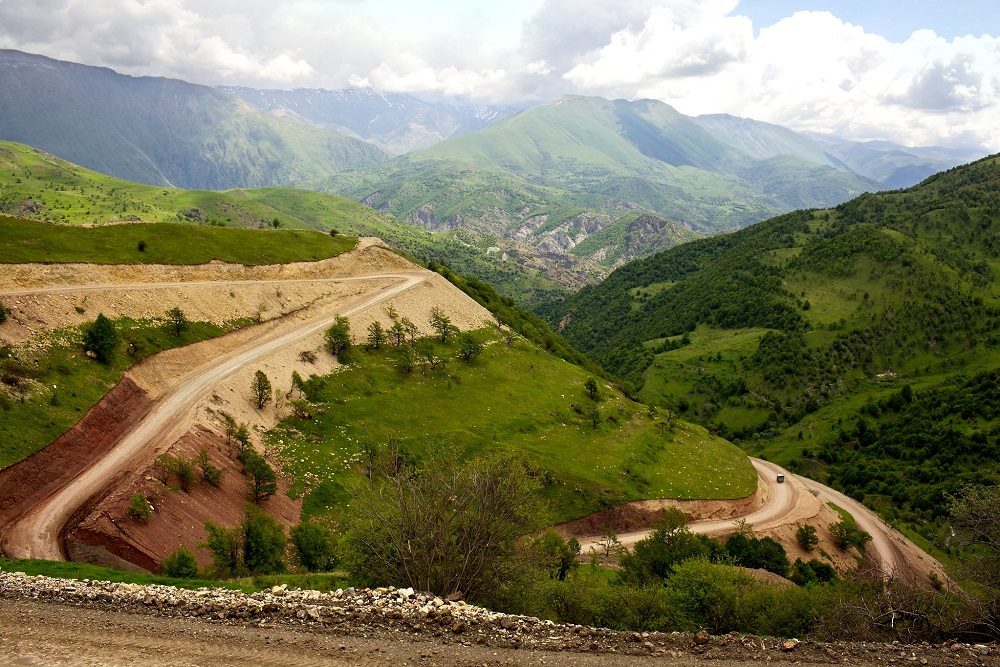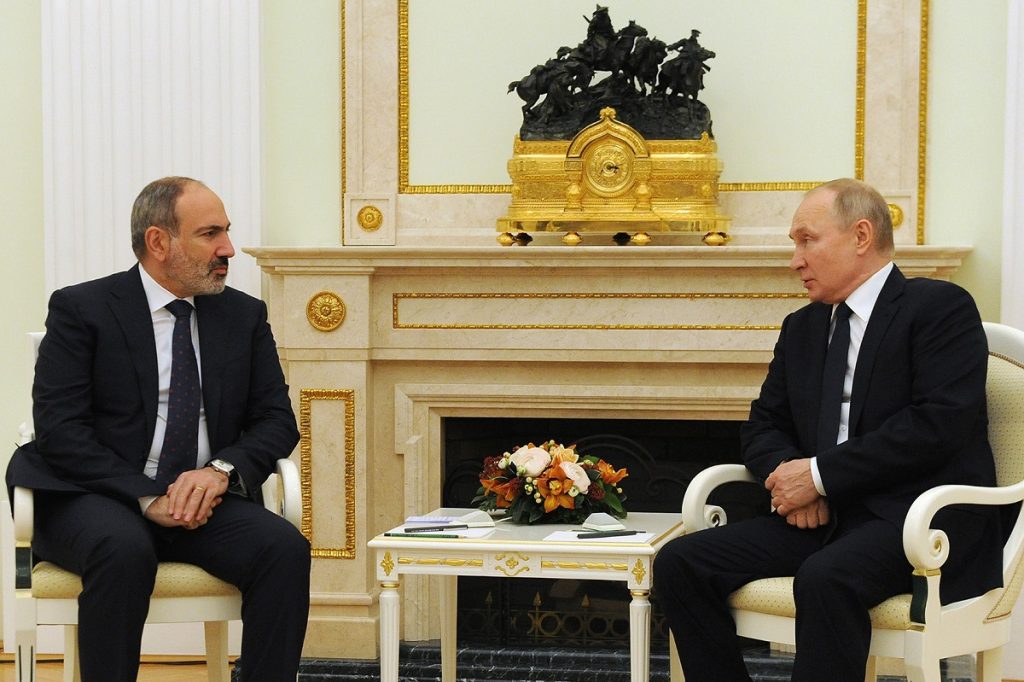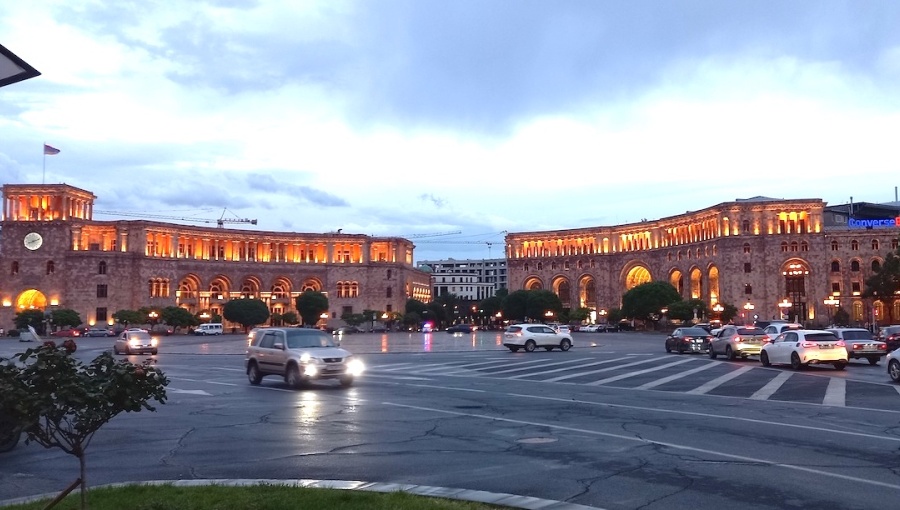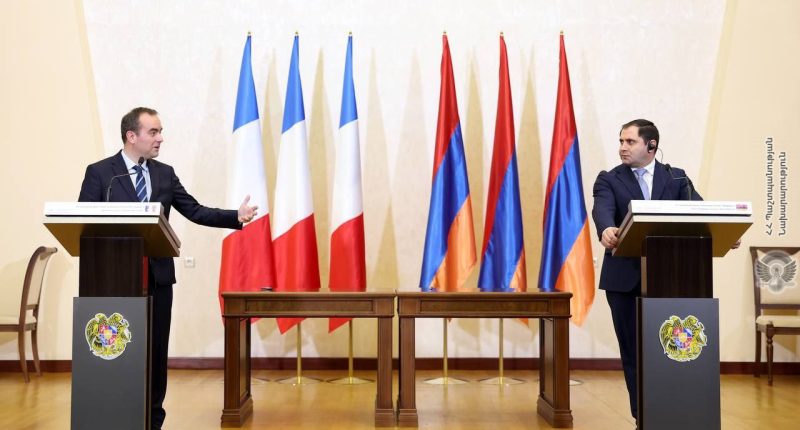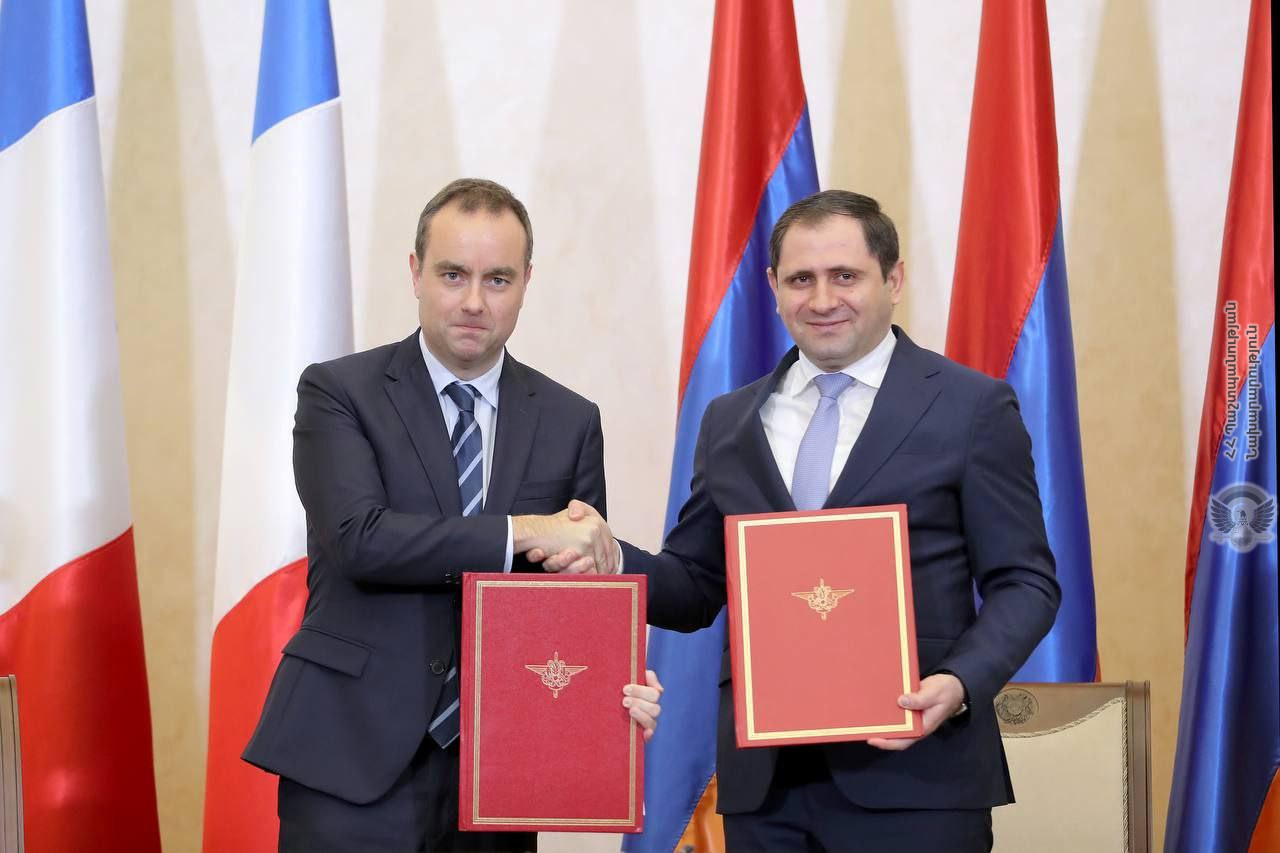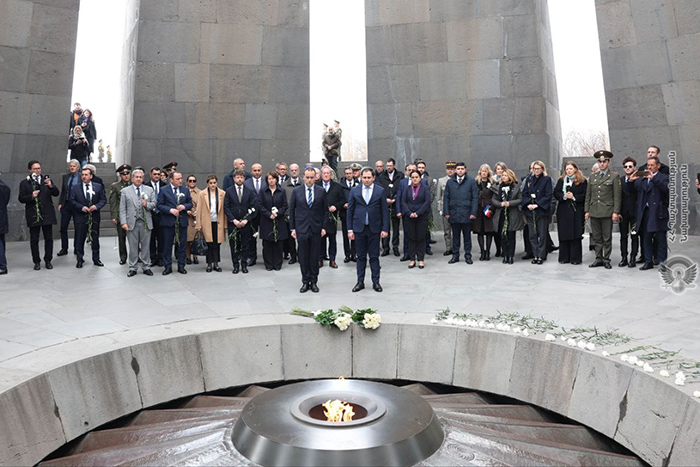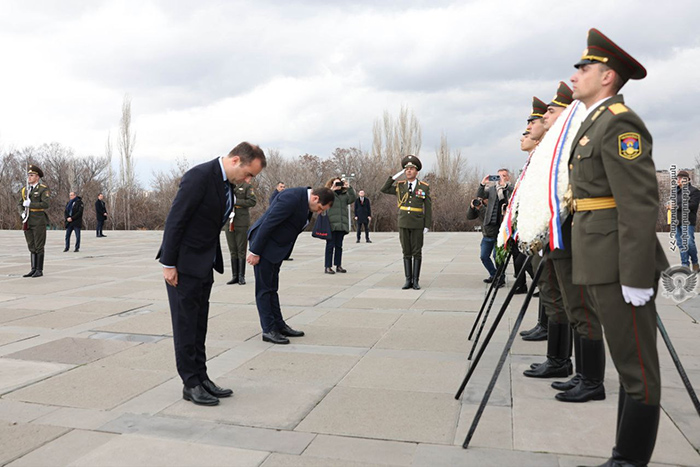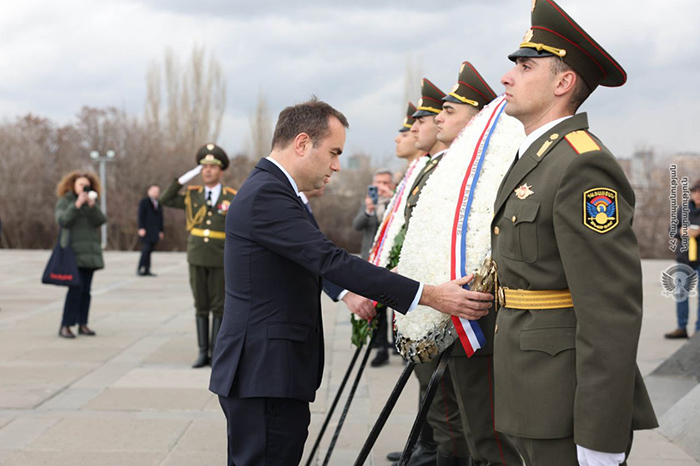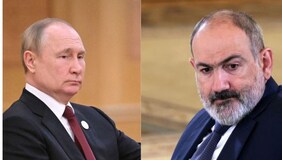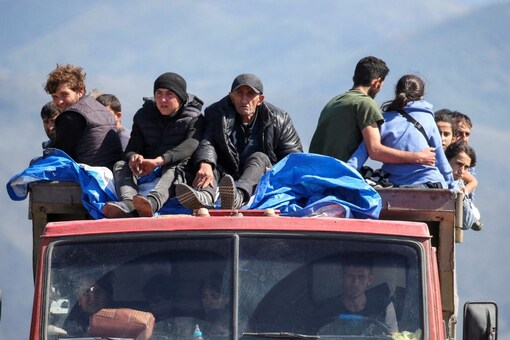Arthur KhachatryanYerevan
Crisis in relations between Armenia and Russia
“If Armenia de jure decides to withdraw from the CSTO, then this will happen after Yerevan records that the CSTO has left Armenia.” Similar statements by Armenian Prime Minister Nikol Pashinyan have been heard since May 2021, when Armenia turned to Russia with a request to protect the borders of Armenia and received no assistance.
The situation is aggravated by the fact that the Armenian authorities did not wait not only for military assistance to protect their territory, but also for a political statement from Russia and the CSTO allies. They still did not state that the Azerbaijani Armed Forces had invaded the sovereign territory of the country. Moreover, they refused to assist allied Armenia under the pretext that the delimitation and demarcation of the border had not been carried out.
“Over the past two years, Armenia has been subjected to aggression by Azerbaijan at least three times. It is depressing that Armenia’s membership in the CSTO did not deter Azerbaijan from aggressive actions and that, in fact, until today we have not been able to reach a decision on the CSTO’s reaction to this aggression. These facts cause great damage to the image of the CSTO both inside and outside our country,” Pashinyan said.
The prime minister does not rule out that Armenia may leave the military bloc operating under the leadership of Russia. If this really happens, Yerevan will actually break allied relations with Moscow and take a course towards integration with the West. At the same time, the rating of Armenia’s strategic ally is already at the lowest positions in the last 30 years.
Withdrawal from CSTO not on the agenda of Yerevan: What is the danger?
What started the crisis?
The fact that relations between Armenia and Russia are going through hard times, to put it mildly, is already openly stated. The Armenian authorities have never directly criticized Moscow and the CSTO in this way. People in Armenia are watching with surprise Pashinyan’s string of statements critical of Russia, including the inaction of Russian peacekeepers stationed in Nagorno-Karabakh.
In particular, the Prime Minister of Armenia criticized RMK, commenting on the blockade of the Lachin corridor, the only road linking the unrecognized republic with Armenia:
“Of course, this is due to the actions of Azerbaijan, but this does not change the meaning. This is the key meaning of the presence of Russian peacekeepers – not to allow illegal actions and to keep the Lachin corridor under control.”
Yerevan’s dissatisfaction with the position of Moscow and the countries belonging to the Collective Security Treaty Organization grew like a snowball. It all started with incidents on the Armenian-Azerbaijani border after the 2020 war in Nagorno-Karabakh.
The country’s authorities say that over the past two years, Azerbaijan has several times launched large-scale military operations, simultaneously conducting creeping expansion and deepening deep into the territory of Armenia. Weakened after the defeat in the second Karabakh war, Armenia counted heavily on the support of the allies.
“The aggression against the sovereign territory of Armenia from May 2021 to September 13, 2022 was doubly painful because our security allies left us alone, preferring to remain in the status of a passive observer or offering the status of an active observer as an alternative,” Pashinyan said.
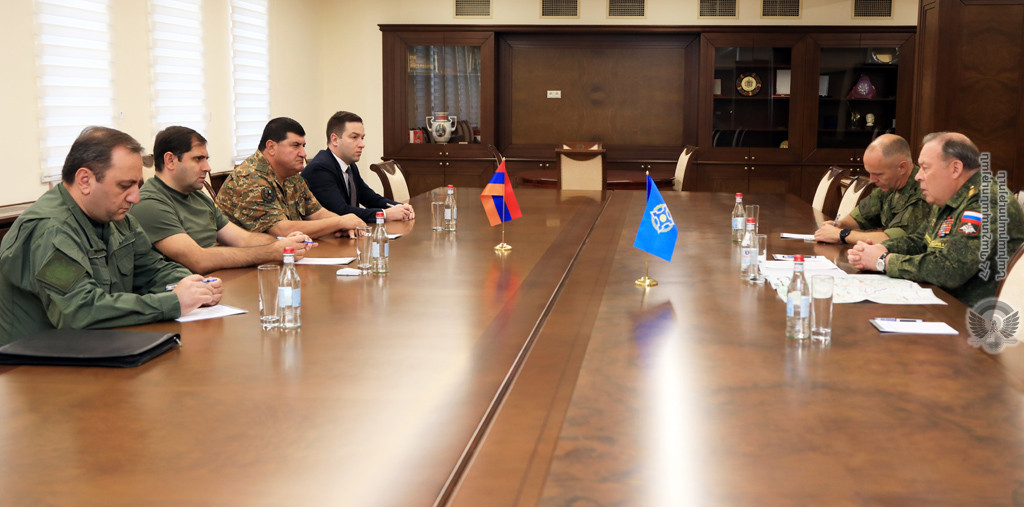
Russian and Western platforms for Baku-Yerevan negotiations: Similarities and differences
The Armenian authorities say that the same issues are being discussed on all platforms, but experts say that the approaches and emphasis on them are different. Commentary by political scientist Stepan Grigoryan
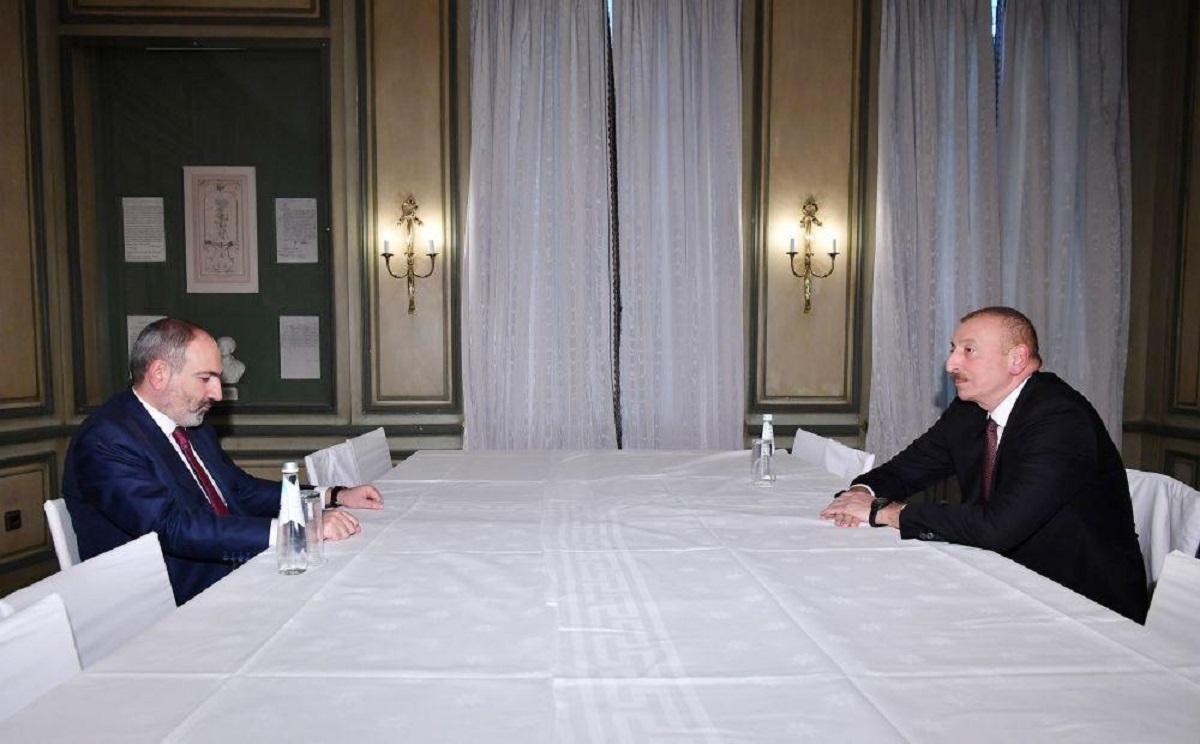
Was this the only reason for the crisis?
Talk that pro-European forces might come to power in Armenia intensified during the 2018 Velvet Revolution. Then everyone remembered that the leader of the movement, opposition politician Pashinyan, made statements about the need to leave the Eurasian Economic Union, operating under the auspices of Russia.
But when he got to power, Pashinyan changed his rhetoric and first of all declared that Yerevan was not going to leave any integration structures, and even more so, he was not striving for a political reverse. But these were only words, the political observer Arman Abovyan believes:
“It is enough just to study the composition of the so-called youth wing of the revolutionaries in 2018. They were quite active in the public arena. These are the same people who once organized anti-Russian actions in front of the Russian embassy. Even in the current government there are such people.”
In the top leadership of the country, there are indeed so-called “pronounced Westerners” who, until 2018, harshly criticized Moscow’s policy towards Armenia. The most prominent figure among them is Security Council Secretary Armen Grigoryan.
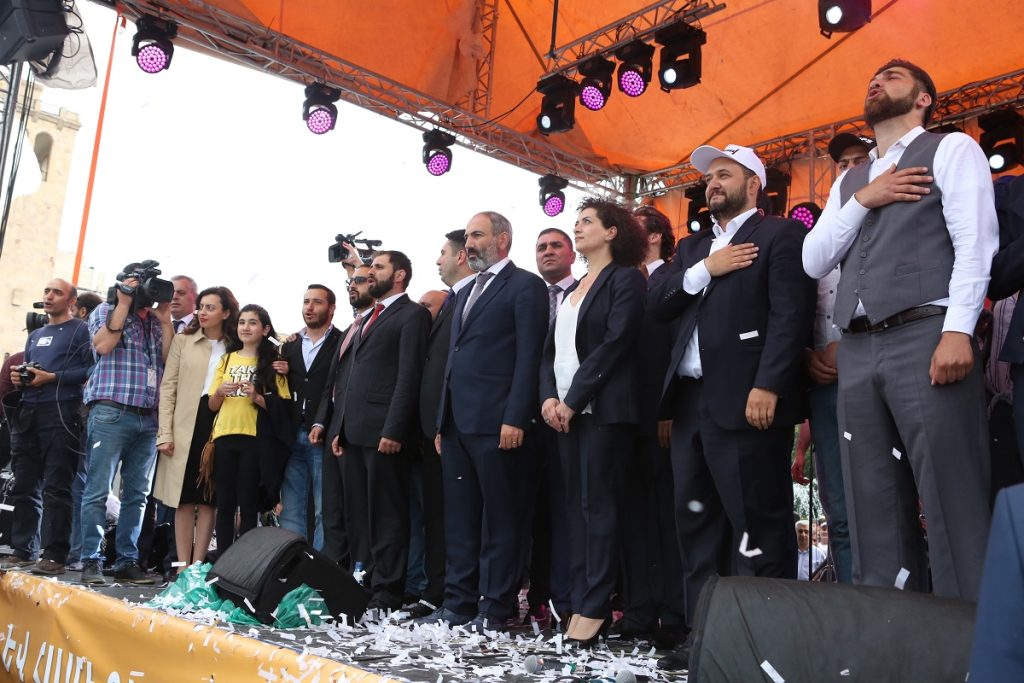 Pashinyan and his team on the main square of Yerevan after the victory of the revolution. Photo JAMnews
Pashinyan and his team on the main square of Yerevan after the victory of the revolution. Photo JAMnewsAt the same time, having come to power, Nikol Pashinyan and the team constantly declared their desire to bring relations with Moscow to a qualitatively new level. The leaders of the two countries met regularly, and it seemed that Armenia and Russia were satisfied with each other’s relations.
At the initial stage of his premiership, Pashinyan really did not think about changing his foreign policy course, political scientist Ruben Mehrabyan is sure:
“In 2018, there was an illusion that there was even an opportunity to build qualitatively new relations, to deepen ties with Russia. And the new democratic authorities of Armenia are able to do this. But life has shown that it was not only an illusion. It was a dangerous illusion. And now there is no stone left unturned from this illusion.”
An interview with the Secretary of the Security Council of Armenia on relations with Russia
Novaya Gazeta Europe published Armen Grigoryan’s opinion on issues of acute public concern
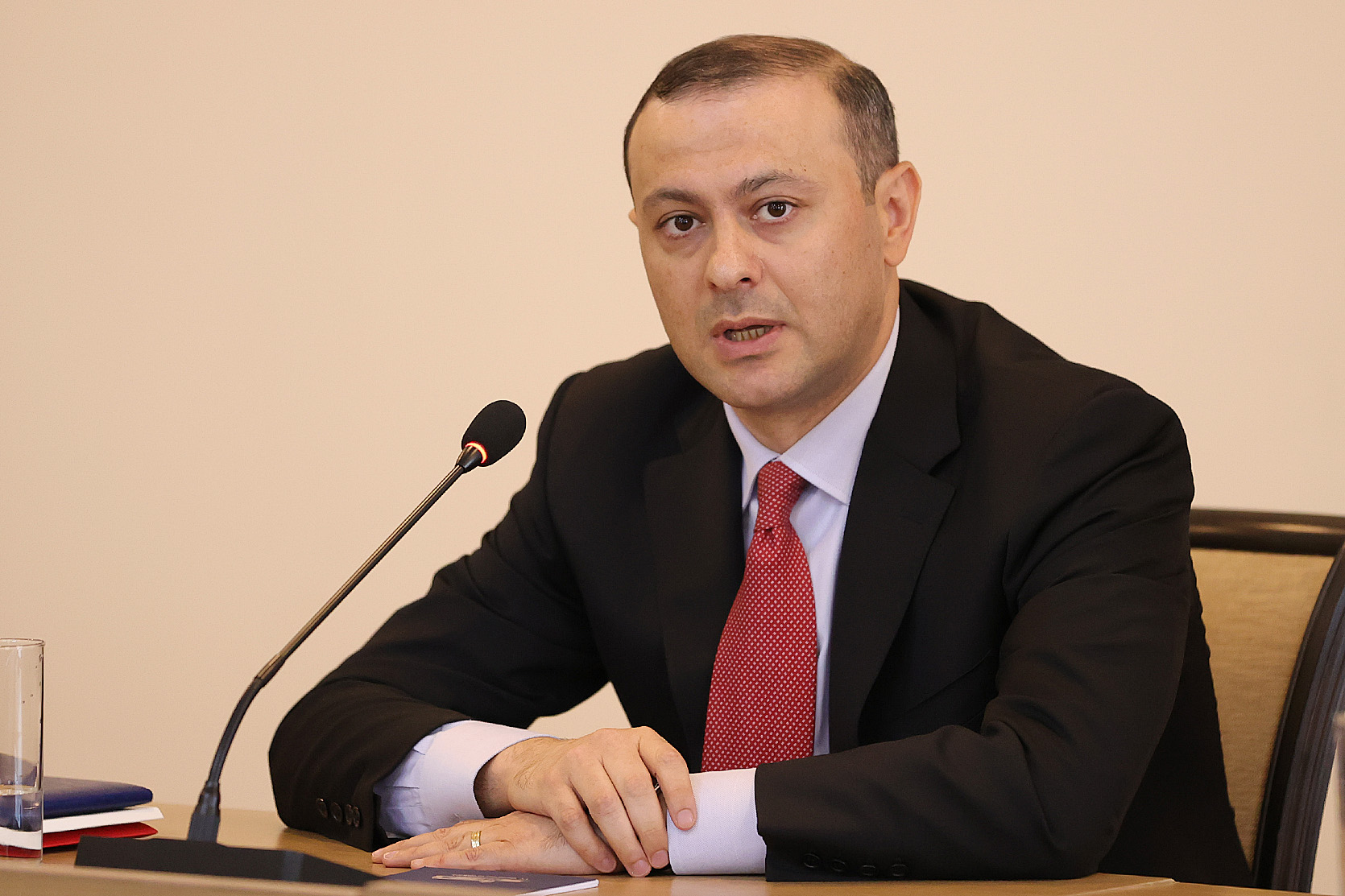
Is Armenia really taking a direction to the West?
After the 2020 war, Russia appeared to have established “one-man hegemony in the South Caucasus region” that was only marginally disturbed by Turkey’s presence. But after the Ukrainian events, Moscow began to rapidly lose ground.
On September 13, 2022, the largest escalation since the war took place on the Armenian-Azerbaijani border. A few days later, Speaker of the US House of Representatives Nancy Pelosi arrived in Armenia, and world media reported that it was thanks to Washington that the September clashes were stopped. This, perhaps, was a turning point in the post-war cycle of the Karabakh settlement.
The situation worsened every time Armenia and Azerbaijan clashed at the border, and Russia remained silent. All this has led to Washington and Brussels becoming the main moderators in the negotiation process.
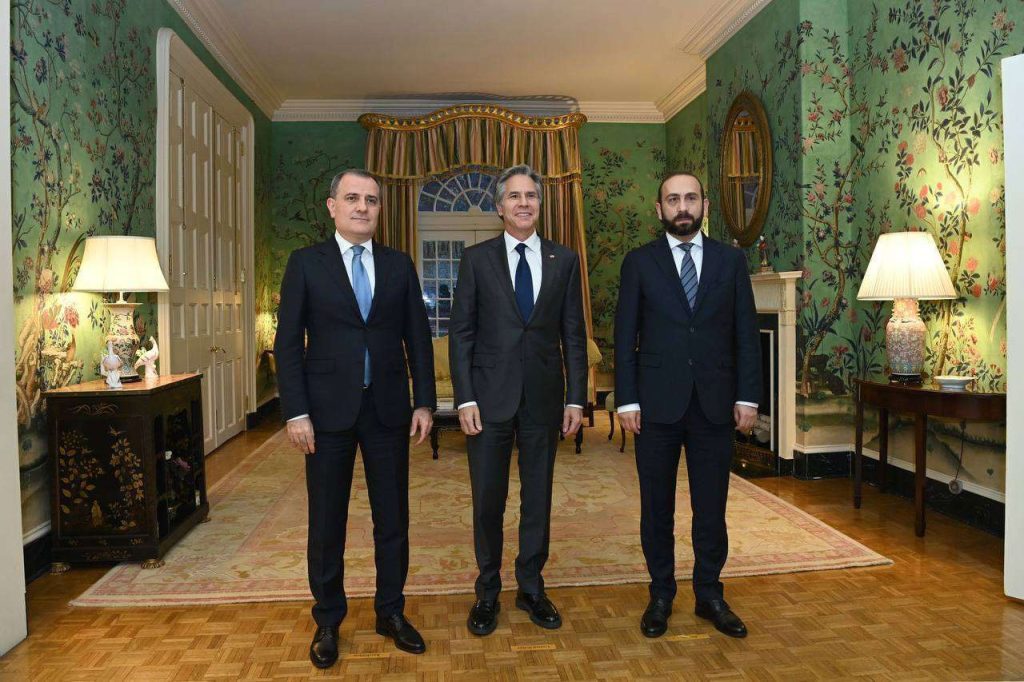 Foreign Ministers of Armenia and Azerbaijan in Washington, during talks mediated by US Secretary of State Blinken
Foreign Ministers of Armenia and Azerbaijan in Washington, during talks mediated by US Secretary of State Blinken“At the behest of circumstances, Armenia is still reconsidering its relations with Russia. This is first. Secondly, Armenia has fixed its commonality with the interests, values and goals of the European Union and considers the EU as a promising partner. However, Armenia does not have a final solution to generalize this picture. Because Armenia continues to be a member of structures that are contrary to the state interests and security of Armenia,” political scientist Ruben Mehrabyan describes the current state of affairs.
In parallel with this, the realities were changing in Nagorno-Karabakh. Last December, Azerbaijanis who called themselves environmental activists blocked the Lachin corridor. And Russia actually did not take any effective measures to unblock it. Then Baku went further and, with the tacit consent of the Russian peacekeepers, established a checkpoint in the Lachin corridor. Thus, the road is now effectively not controlled by Russia, as the 2020 tripartite statement suggests.
“Armenia is not Russia’s ally in the war with Ukraine” – Pashinyan interview with CNN
Frank answers from the Prime Minister of Armenia in the Prima News program about the geographical and geopolitical problems of the country, relations with neighbors and even personal questions
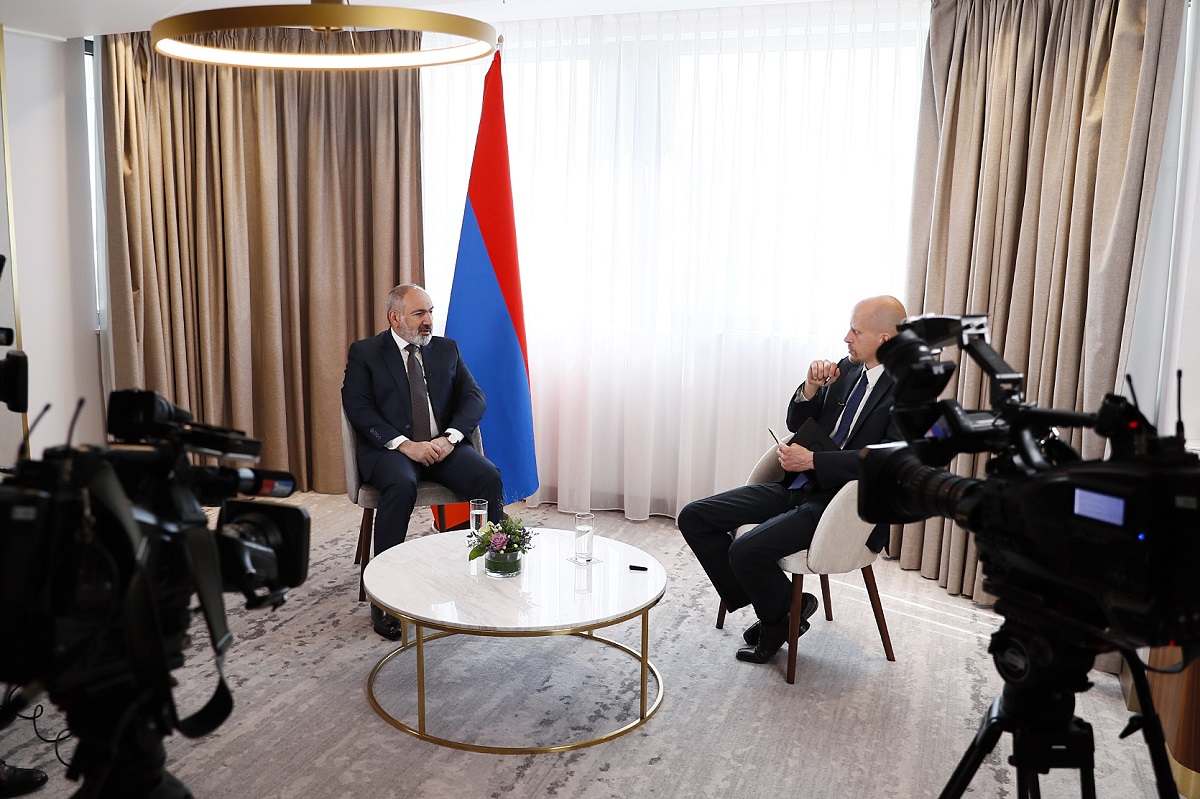
Rejection of Karabakh
The further Azerbaijan went and the longer Moscow was silent, the weaker became Yerevan’s negotiating positions. Military escalations on the border have become a way of putting pressure on the Armenian authorities. All this led to the fact that Nikol Pashinyan publicly stated and then confirmed Yerevan’s official position in the negotiations – Armenia is ready to recognize Nagorno-Karabakh as part of Azerbaijan:
“A peace treaty between Armenia and Azerbaijan will become real if both countries clearly, without ambiguity, recognize each other’s territorial integrity and undertake not to present territorial claims to each other today and ever. Now I want to confirm that the Republic of Armenia fully recognizes the territorial integrity of Azerbaijan, and we expect Azerbaijan to do the same by recognizing the entire territory of the Armenian SSR as the Republic of Armenia.”
A superficial analysis of the situation may give the impression that Armenia is forced to take such a step. But this is a more thoughtful and long-term policy, Arman Abovyan believes. Its goal is to change the vector in foreign policy:
“This government is the executor for those geopolitical centers whose main goal is to oust the eastern vector from the region of the South Caucasus: Russia, Iran and partly China.”
Experts voice the version that the end result of this process should be the opening of the border with Turkey through concessions on the Karabakh issue. If this happens, Armenia will receive the shortest communication to Europe, which can significantly expand the possibilities for cooperation between Yerevan and Brussels.
Is Washington threatening a counter-terrorist operation in Karabakh? Comments from Yerevan and Baku
Russian media, citing a “diplomatic source”, reported that Washington is forcing representatives of Nagorno-Karabakh to agree to a meeting with the Azerbaijani side.
In what direction should Armenia move in foreign policy. This is perhaps one of the most significant discourses on the Armenian political agenda. If a few years ago the vast majority of the country’s population approved of the policy of the authorities to deepen cooperation with Moscow, the war of 2020 and subsequent events have changed the opinion of society. Now only 35 percent of the population considers Russia a friendly country, while before the war this figure was over 50 percent. For comparison, France is considered friendly by 45 percent.
Another important question that the Armenian analytical community is trying to answer is why Russia is pursuing such a policy towards Armenia and Nagorno-Karabakh. And experts associate the main answer to this question with the Ukrainian crisis.
After the closure of borders with European countries and Western sanctions, Russia became heavily dependent on Turkey and even Azerbaijan for communications and hydrocarbon exports. It is Türkiye that is now the main and main route of export and import for Russia. In such a situation, Moscow simply cannot afford to “offend” Ankara and Baku and not yield to them on the issues of Nagorno-Karabakh and Armenia.
Pashinyan interrupts Putin: what was his objection? Analyst comments
Yerevan is discussing the visit of the Armenian Prime Minister to Moscow, in particular, the moment when the Armenian Prime Minister interrupted the Russian President to react to Aliyev’s speech
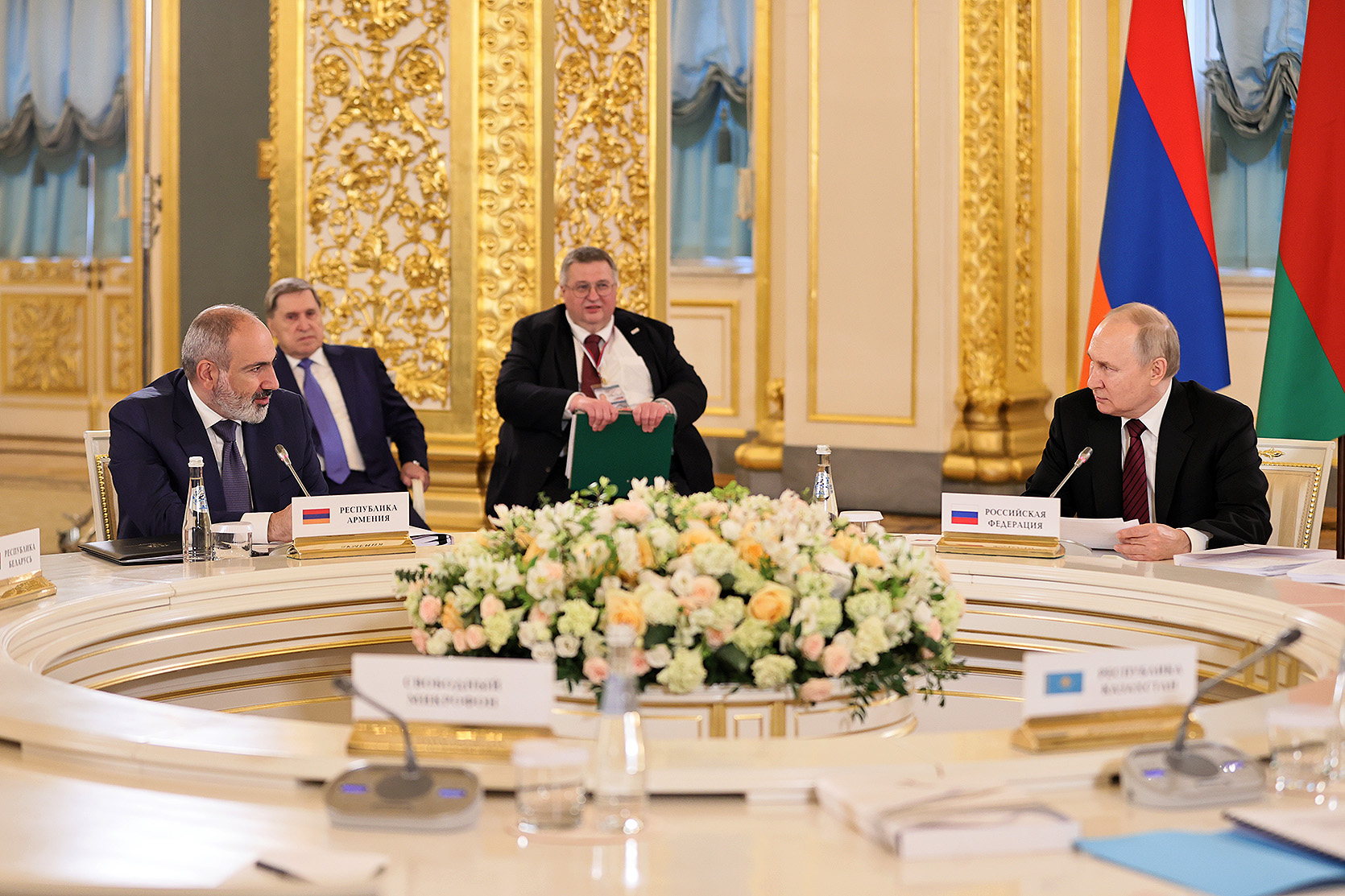
Understanding these realities should lead to a renewal of Armenia’s foreign policy, political scientist Gurgen Simonyan is sure:
“It is time to express a clear position and leave the military-political union of the CSTO. As a result of the military aggression in 2020, the expectations that we had from Russia in the context of bilateral agreements, and not only from Russia, but also from the CSTO, to put it mildly, did not satisfy us. If not to say that they dealt a serious blow to our national security.”
Armenia is also dissatisfied with the fact that Russia does not supply weapons purchased from it earlier, for which, by the way, it was paid. In this situation, Yerevan significantly intensified contacts with India, as well as France. That is, the country intends to change, at least diversify, the vector of military-technical cooperation.
Will Yerevan be able to build a new security architecture in conditions of severe turbulence? And, most importantly, what are the consequences of this process? Questions that are still open. One thing is clear – Yerevan has already begun to review relations with Moscow for the first time since independence.
With the support of Russian language news exchange “Mediaset”
